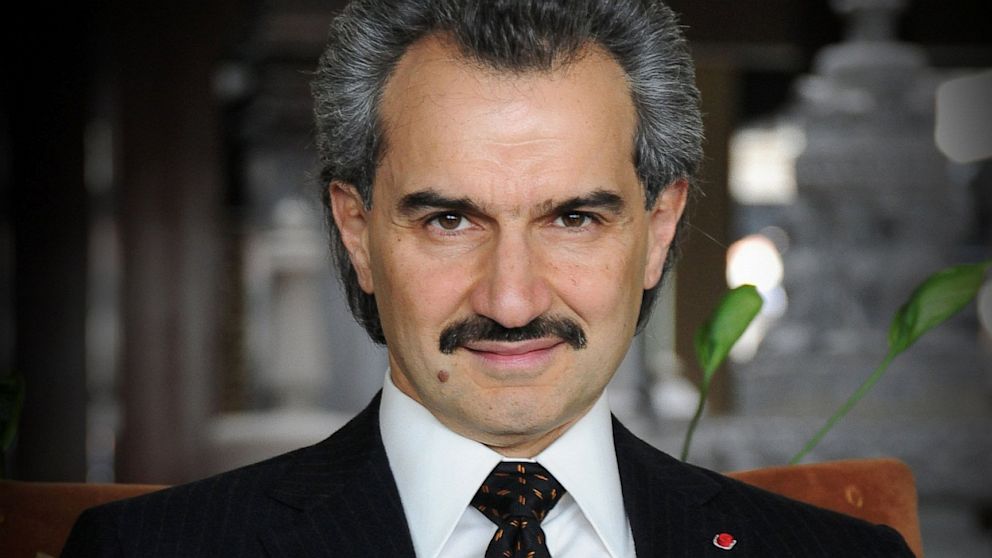U.S. Shale Oil: Saudi Prince's Fear Delights North Dakotan
A Saudi prince says U.S. oil production is a threat to OPEC.

July 31, 2013 -- Should Saudi Arabia fear North Dakota? A member of the Saudi royal family says yes.
Prince Alwaleed bin Talal, founder of Kingdom Holding and a multi-billionaire investor in News Corp, Time Warner and Citigroup, among other companies, has told Saudi Oil Minister Ali Al-Naimi that the desert kingdom is making a mistake not to worry about burgeoning U.S. oil and gas production.
In a letter published on Twitter, the prince calls rising American shale gas production "an inevitable threat." Saudi Arabia, he warns, "is almost entirely dependent on oil, and this reality is becoming a source of concern for all."
The Saudi oil minister said in May that he wasn't worried about increased U.S. production from shale, and that OPEC had survived past increases in production from countries outside OPEC.
According to data compiled by Bloomberg, Saudi Arabia pumped 9.47 million barrels of crude a day in June, down from 9.83 million the year before.
Tom Kloza, chief oil analyst at GasBuddy.com, said the Saudis had reason to be worried. The U.S. is currently enjoying the highest level of oil production in a quarter-century, around 7.56 million barrels a day.
"The prince is right to recognize not just oil shale production in the U.S.," says Kloza, "but in similar geologic areas that will put pressure on the kingdom." He refers to shale deposits in Europe, China and South America. He predicts the oil industry will see "plenty of shale exploration later in this decade" in those regions.
Further helping the U.S., he says, is reduced domestic consumption. "At the same time we're seeing this shale boom, we're using less oil. It's a function of an aging population: After age 55, driving drops off sharply."
The U.S. is well on its way, says Kloza, to achieving production of 8 million to 9 million barrels a day of crude. "It was as low as 5 million not that long ago."
The U.S. strategic petroleum reserve currently has a 200-day supply, which he calls a huge cushion. "For years, we had to struggle to get a 90-day supply."
Williston, N.D., is regarded by some as the epicenter of the shale oil boom. Chuck Wilder, who runs local bookstore Broadway Books, says he remembers the oil shocks of the 1970s, when OPEC "held the U.S. hostage" over oil.
Now, he says, the Saudis "need to get used to the idea that they're not the only ones with oil." As for the royal family feeling fear? "It couldn't happen to a nicer bunch."




